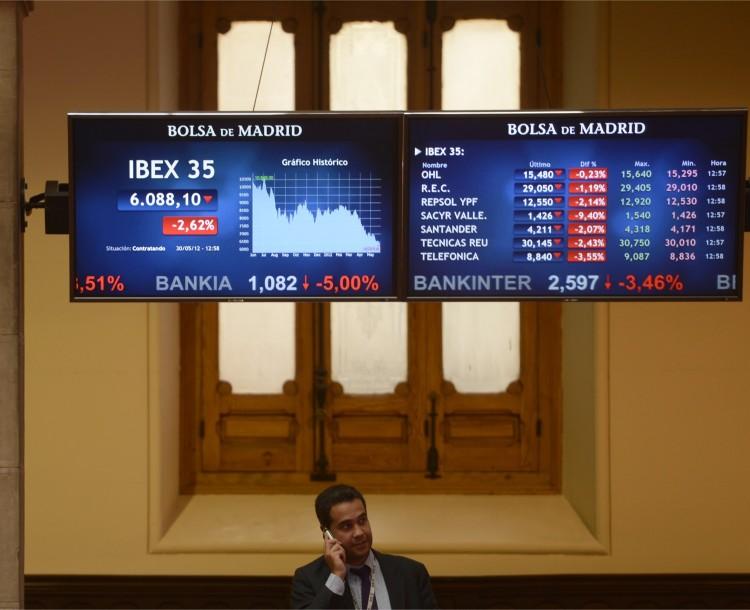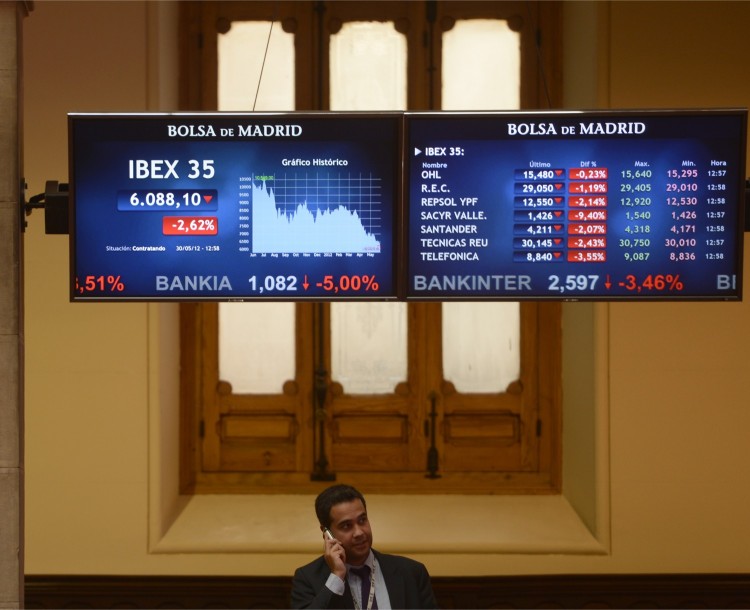AMSTERDAM—Markets were anticipating something from policymakers last week to provide relief after truly horrible trading in May; but they were sorely disappointed.
Only a few rumors were leaked but then promptly refuted. So the European financial market was left to itself to digest a dismal Italian bond auction and horrible news out of Spain. Stocks tumbled, and are now deeply in the red for the year.
The EURO STOXX lost 4.2 percent to close at 2,068 points, down 10.7 percent for the year. The banks and Spain were hit hard, with the euro banking index down 5.1 percent whereas Spanish stocks crashed 7.3 percent to multiyear lows and are now down 29 percent year-to-date.







